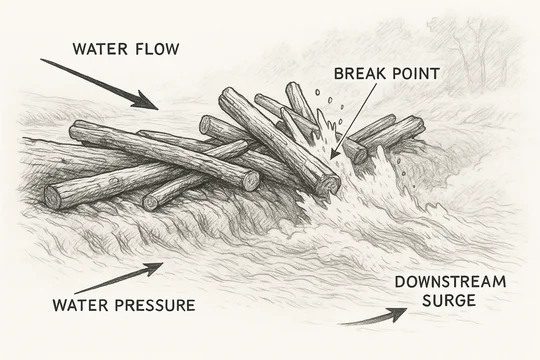It is not uncommon for patent infringement plaintiffs naming multiple defendants to group those defendants in the complaint and make allegations of infringement generally, rather than separately detailing what wrongful acts each defendant is alleged to have done. The group pleading approach is not "impermissible per se," as Judge Burke recognized in a recent R&R, claims based on group pleading are subject to dismissal where they do not include "'enough facts to render it plausible that each defendant has performed at least one type of U.S.-related infringing act' or if it otherwise fails to provide each defendant with sufficient notice of the basis for the claims against it."
Judge Burke found the plaintiffs' "group pleading" lacking with respect to a certain group of defendants because "[i]t leaves the Court and Defendants to guess at what is the theory of liability that is being asserted here."
In particular, the complaint lumped 11 defendants together in one paragraph, alleging that they "operate at least one Accused RC Facility either by directly owning the facility, directly controlling the facility, or indirectly exercising control of the facility through a subsidiary that is either named above or referred to as a John Doe LLC.."
The Court addressed this paragraph as follows:
The allegations in paragraph 212 leaves the Court and these Defendants at a loss as to what these Defendants are alleged to have done that amounts to infringement. Do they infringe because they “directly own[]” an Accused RC Facility (but some other entity’s employees operate the facility)? Do they infringe because they “directly control[]” the facility (whatever that means)? Or do they infringe because they do not own or control the facility, but because they are said to “indirectly exercise[] control” of that facility “through a subsidiary” (a subsidiary that, with one exception, is not specifically identified by Plaintiffs)? The SAC does not say for sure.
It was not enough that some of the entities may have been related in a corporate sense because the complaint did not plead a basis for alter ego or agency liability, and in the absence of those facts, "corporate entities are understood to be separate and distinct."
Judge Burke recommended dismissing all claims against the "lumped" defendants without prejudice, but also recommended that plaintiffs not be permitted to amend as of right; instead he recommended that "Plaintiffs first be required to file a motion for leave to file a further amended complaint (one that attaches the proposed amended pleading)."
Although he recommended that the dismissal on group pleading grounds be without prejudice, Judge Burke recommended dismissal with prejudice as to several of the claims asserted against other defendants (including indirect infringement, joint infringement, and willful infringement):
[B]ecause the Court has already previously considered these claims and found them deficient, and then Plaintiffs submitted two additional complaints unsuccessfully attempting to shore these claims up, it is clear that permitting further amendments of these claims would be futile.
If you enjoyed this post, consider subscribing to receive free e-mail updates about new posts.






